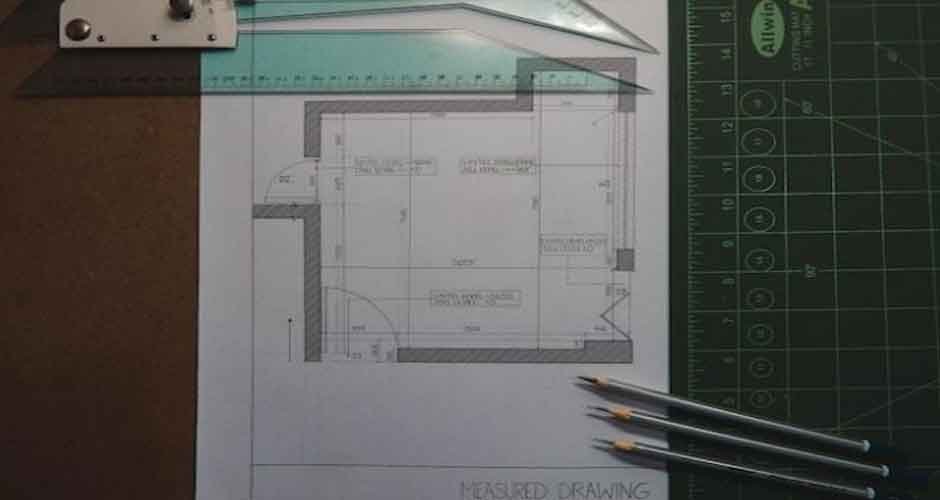Becoming an architect requires a unique combination of creative ability, technical mastery, and strong communication skills. Understanding the fundamental architectural concepts and practices can have a considerable impact on your level of achievement. Regardless of whether one is an aspiring architect or an experienced professional. This post will go over the seven most important things that you. As an aspiring architect, need to be aware of to provide the tools you need to succeed in this fast-paced industry.
1. Acquiring Expertise In The Foundations Of Design
To be successful in the field of architecture, it is essential necessary to have a strong understanding of the fundamentals of design. This considers the aesthetic features that distinguish a location, the functional aspects, and the spatial dynamics that define that area. Incorporate design concepts such as balance, proportion, and rhythm to develop harmonious works of art that are in touch with the clientele’s requirements and the setting in which they are shown.
2. Taking Advantage Of Progress Made In Technology
As a result of the fact that we are now living in the digital age, architects have no choice but to accept the technological discoveries that have radically altered the process of designing buildings. Building Information Modeling (BIM) software and 3D visualization tools are just two examples of how staying up to date with the most recent technical breakthroughs may increase your capacity to collaborate with other construction industry professionals and your efficiency and accuracy.
3. Understanding The Rules And Regulations For Buildings
One of the most important qualities of a good architect is knowledge of the complex web of zoning rules, building codes, and other restrictions that govern the construction of buildings and other structures. Implementing these standards ensures that everyone has access to safe conditions and the environment will be protected. Be familiar with the pertinent local and international codes to ensure that your designs adhere to all legal and ethical requirements.
4. Maintaining Clear And Effective Communication With Customers
When it comes to securing the success of a construction project, communication is the single most crucial component. It is of the utmost importance that you can explain complicated ideas to clients using language that is easy for them to understand. It is possible to develop strong client connections through active listening, empathy, and clear communication, which will ultimately lead to designs that align with the client’s vision.
5. Striking A Balance Between Practicality And Creativity
While there is no limit to the imagination that may be used in architecture, it must be paired with pragmatism. Finding this sweet spot ensures that not only are your ideas practically beneficial but that they are also kind to the environment. Finding this sweet spot is a challenge, but if you do it, you will be rewarded. Consider factors such as the constraints of your budget, the types of materials you are allowed to use, and how well they will keep up over time. The state of Colorado is a shining example of a nation-leading dedication to environmental stewardship and responsible development. Commercial architects in Colorado are trained to incorporate environmentally conscious design principles into various building projects. Their expertise, which ranges from materials for energy-efficient buildings to solutions for renewable energy, helps you reduce your environmental impact while increasing the money you save on energy.
6. Working Together Effectively In Teams
A single individual nearly never completes projects that need architecture. It is standard operating procedure to collaborate with various stakeholders, including engineers, contractors, interior designers, and other specialists. Adaptability, the capacity to absorb inputs, and respect for the various points of view offered are all necessary components of productive cooperation, which are required for a project to be cohesive and successful.
7. Never Stop Educating Yourself And Making Changes
The field of architecture is always moving forward due to the development of innovative concepts, new building materials, and more attention to environmental concerns. If architects want to continue to be relevant in their business, they need to prioritize lifelong learning in their professional lives. To keep your knowledge current and guarantee that your designs are up to date, it is important to take part in events such as workshops and conferences and to utilize the materials that are available online.
Conclusion
You are a creator, a problem solver, and a visionary if you choose a career in architecture. You can navigate this profession’s challenges. You will be positively impacting the world around you if you master architectural design. You can embrace sustainability, understand regulations and communicate effectively. Remember to adopt technology, consider ethics, and strike a balance between aesthetics and functionality.






